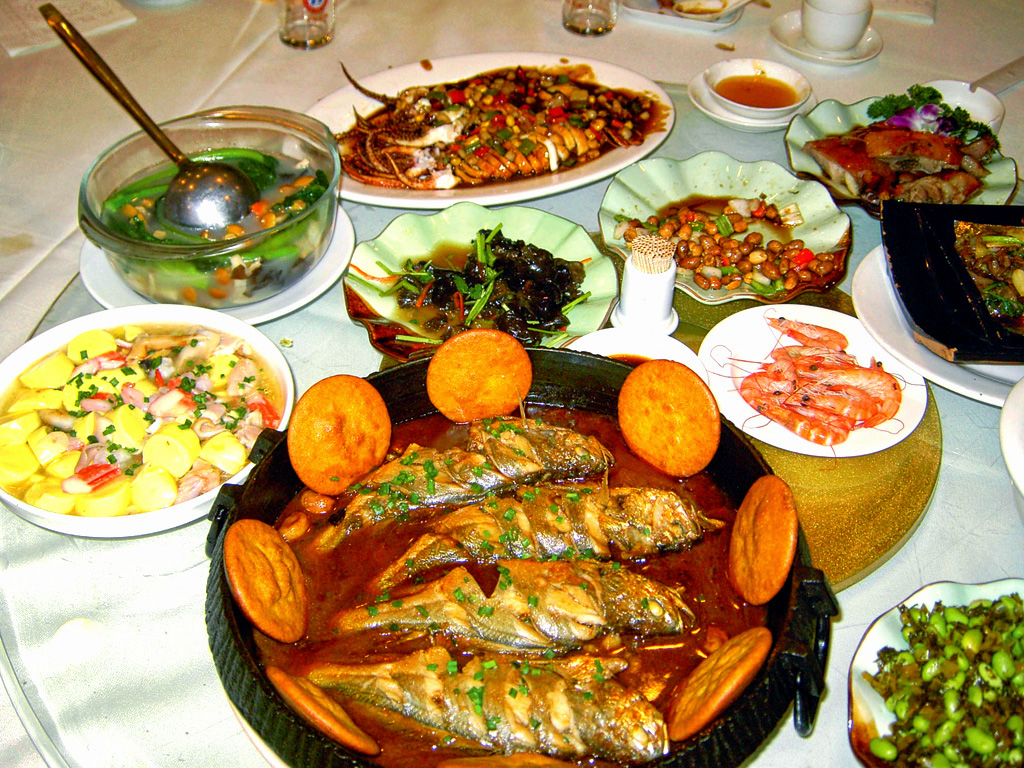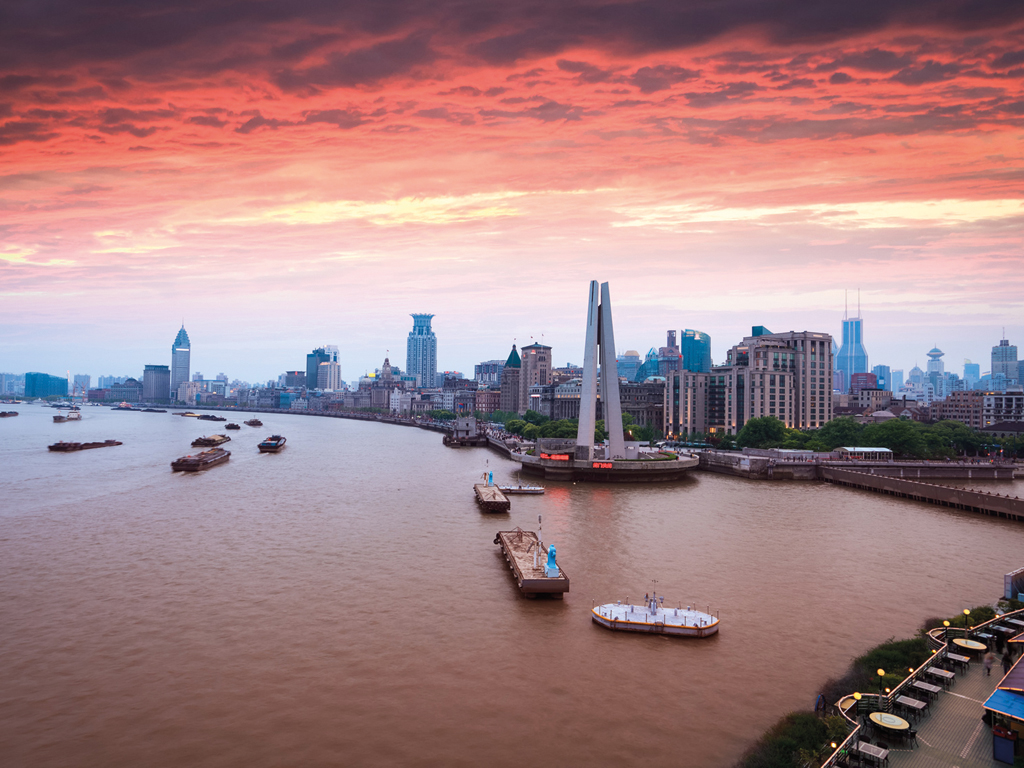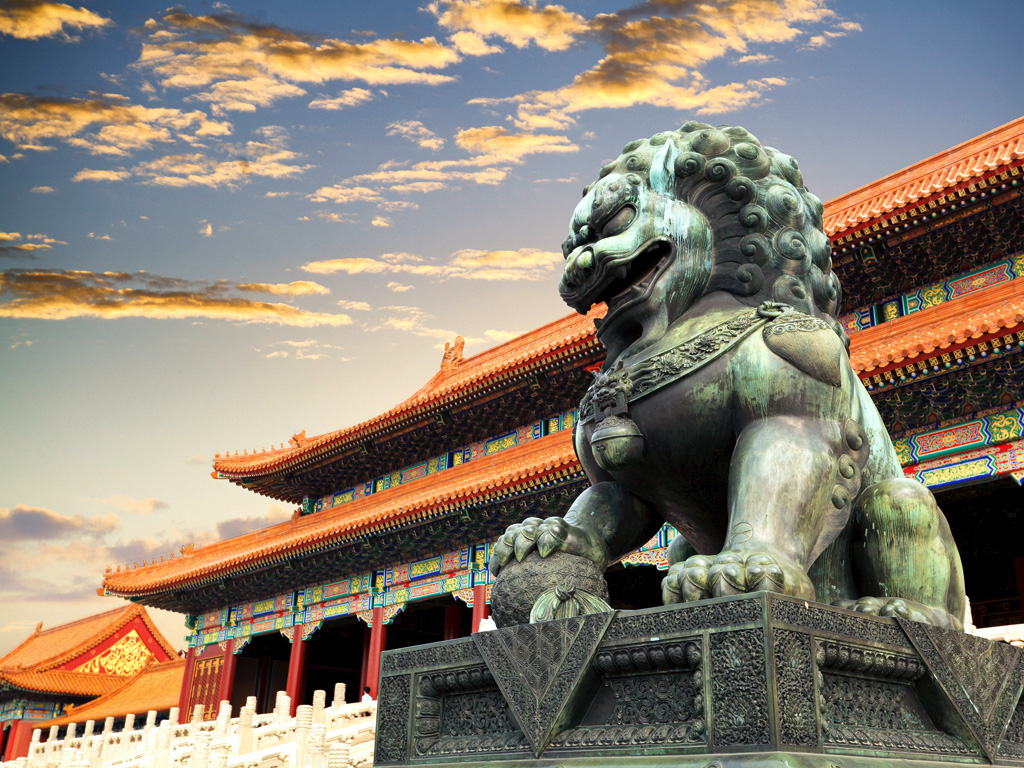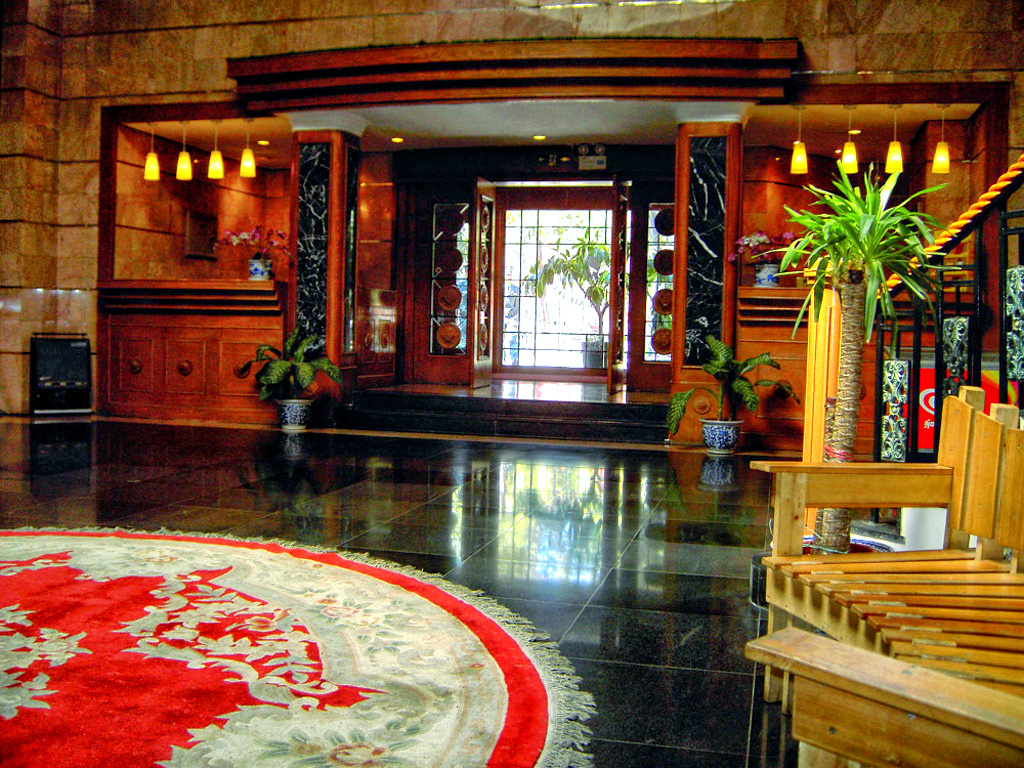The history of the capital Beijing dates back to its first documented mention more than 3,000 years ago and was long considered an important trading city and military base. However, due to this role, the city was also often the target of attacks and occupations by neighboring peoples. One of the most famous conquests took place in 1215 under Genghis Khan, whose troops plundered the city and set fire to it. Under the rule of the Mongols, Beijing was re-established as the new capital and assumed a dominant position in the 13th century when the first Europeans came to Beijing via the renowned Silk Road, including the famous Marco Polo. The capital had its greatest vigor from the 14th to the 20th century under the emperors of the Ming and Qing dynasties. After multiple foreign occupations, the last emperor of the Qing dynasty abdicated in 1912 and the Republic of China with the capital Nanjing was founded. In 1949, the Communist People's Republic of China was founded under Mao Zedong and Beijing was declared a capital city once again. In the aftermath thousands of temples were destroyed or repurposed into factories and other such facilities. In 1989, nearly one million people demonstrated in Tiananmen Square in the city center to draw attention to the lack of reform and civil rights present in their nation. On June 4, 1989, thousands of civilians died when the peacefully demonstrative democracy movement was annihilated by the army. Since then, China has regularly participated in human rights conferences.
Present day Chinese culture is an incorporation of old world traditions and a westernized lifestyle. The two co-exist like the traditional Yin Yang formula of balance. This can be seen in the association of towering skyscrapers with heritage buildings, the contrast of western fashion with the traditional Chinese Qipao dress, the people's contradictory attraction to both dim sums and McDonald's. Ancient Chinese Culture is over 5000 years old and has a massive diversity and variety. The olden day sophisticated Chinese civilization was rich in the Arts and Sciences, elaborate Painting and Printing techniques and delicate pottery and sculpture. Chinese architectural traditions were (and still are to this day) very much respected worldwide. Chinese language and literature, philosophy and politics are still believed to be a strong influence on today's society. The country's culture managed to retain its unique identity until the arrival of Western culture in the mid-19th century. Confucianism, Taoism and Buddhism have left a long lasting impression on Chinese culture and tradition. Confucianism spread "Ren" (Love) and "Li" (rituals), signifying respect for society and social pyramids. Taoism supported the controversial philosophy of indecisiveness. Finally, Buddhism emphasized on the need to attain self- emancipation by performing good deeds.
It is difficult to give a specific date for when the Chinese holidays occur since the dates are not the same every year. For example, the Moon Festival, during which the delicious moon cake is eaten, always takes place on the 15th day of the 8th lunar month. The festival has its origins in Taiwan, but since 2008 has also been officially recognized as a holiday on the Chinese mainland. Even the Lantern Festival has no fixed date, but it always takes place during the first full moon night in the new lunar year. On the 5th day of the 5th lunar month, the Dragon Boat Festival takes place with the famous Dragon Boat Regatta. Then there are other holidays which always fall on the same day, such as the national holiday on October 1st. On this date in 1949, Mao Tse-tung proclaimed the founding of the People's Republic of China on Tiananmen Square. The day of work (Labor Day) is also celebrated in China on May 1st. One of the most important celebrations, however, is the Chinese New Year, which is celebrated for 6 days, between January 21st and February 20th.
It is said that Beijing offers the greatest culinary diversity in China. Here you will find specialties from almost all the country's regions as well as delicacies from practically all Asian countries and international locations. Cafes or restaurants with Western cuisine are also easy to find. Most of the restaurants and snack bars in China are open 24 hours a day. Certainly worth a try are the famous Peking Duck, which is served with black bean sauce in a dumpling, and the Mongolian hot pot, which consists of lamb, shrimp, vegetables, noodles and a very spicy broth. Although the traditional drink is tea, you can of course also find soft drinks such as coke, lemonade, mineral water and beer. You should not drink tap water, and can always ask your hotel to provide you with boiled water.




